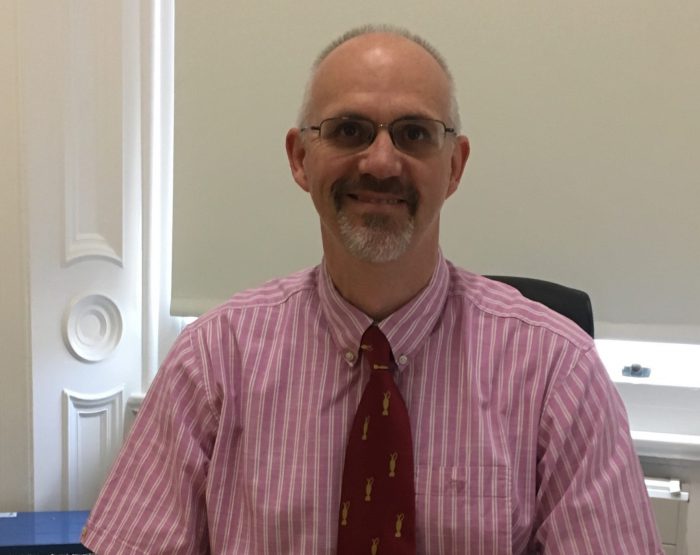‘Hip replacement surgery will not stop you playing golf’
A member of the Open Championship medical team who’s also an orthopaedic surgeon has said the initial results from a major survey into joint replacement operations suggests they don’t stop people playing golf.
Peter Hughes, who’s also a member at Royal Birkdale, says he’s been ‘amazed’at the response to the survey he sent out in association with HowDidiDo, Europe’s largest golfing community.
He sent the questions to more than 470,000 club golfers in the UK and Ireland, and was astonished when he received more than 3,400 responses in little more than 72 hours.
He explained: “Because of my interest in golf I particularly enjoy treating golfers. Before their surgery, these patients always want to know what impact a joint replacement will have on their golf game and how it will change. They usually have similar questions like: ‘will I play again?’ or ‘what will I have to go through to get there?’

“There isn’t a huge amount of data on returning to play golf after a joint replacement, just a few small studies. So some of my Open Championship medical colleagues and I came up with the idea of a questionnaire for golfers who have managed to return to play after either a knee, hip or shoulder replacement. The difficulty, previously, has been in accessing a sufficient number of these patients to get meaningful results.
“I have been amazed by the response I got from HowDidiDo’s members – and their enthusiasm for the project. And my astonishment levels have continued to rise once the responses came in – more than 3,400 in the first few days. Absolutely amazing! I was expecting, at best, around 500.
“But it does show, immediately, how many club members return to golf after a joint replacement operation. We’re very grateful to the golfers who have taken the time to complete the survey – the high number of responses helps to make the study more robust.”
Questions in the survey looked to establish how arthritis affects players before replacement and how they cope and continue to play; how their game and handicap deteriorate, or not; how their game responds to the replacement; how long it takes to get back to practising and competitions; how much they improve; and what facilities clubs have to help them return to playing.
Other questions covered general physical and mental health.
Hughes continued: “Currently, it is our hypothesis that golfers who play again after a replacement have higher physical and mental-health scores than their age-matched peers – they are happier and fitter because they have managed to get back to playing golf.
“The response is encouraging and brief initial analysis suggests surgery really shouldn’t hold people back, which is fabulous news.”

Hughes’ survey was sent out during the first Golf and Health Week, in mid-April, in association with both HowDidiDo and the University of Manchester, and the data gathered will, ultimately, be shared with golf professionals, via the PGA, to advise their pupils.
The HowDidiDo system, part of the solution offered to golf clubs by Club Systems International software, holds data from more than 53 million rounds of golf, along with handicaps, results and scores from more than 1.3 million golf club members.
HowDidiDo allows members to analyse their game and compare performance with other players at their club or across the entire HowDidiDo network, and is rapidly becoming the largest online social golfing hub in the world, with new, engaging and exciting content for golfers to enjoy. It is also used for official CONGU handicap and competition results.















Many of my members have come back off medical leave from this and played well into there late 80s!
My grandfather had both replaced and still played low handicap golf well into his late 70’s